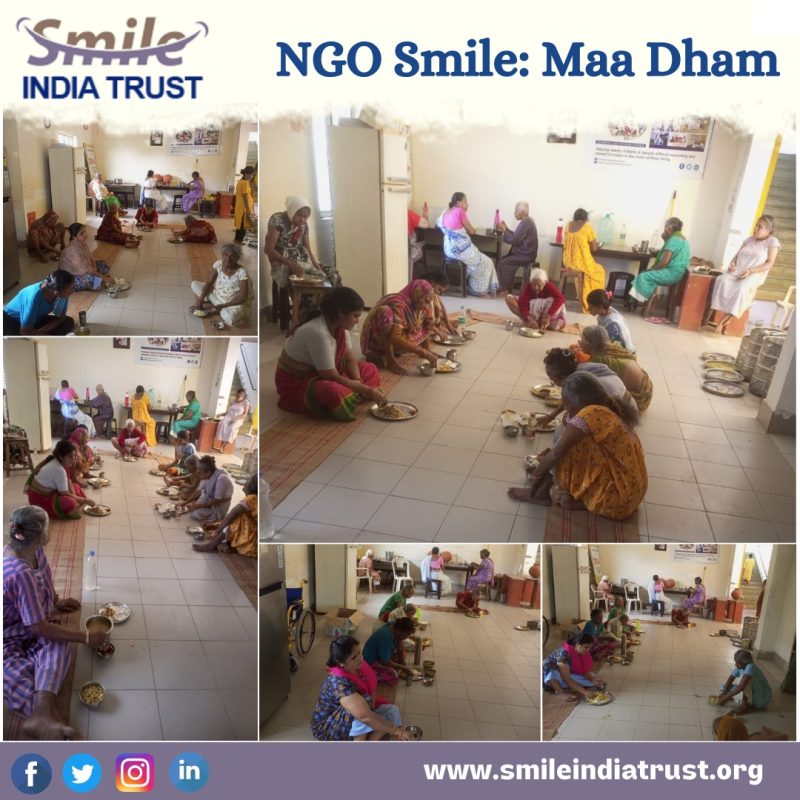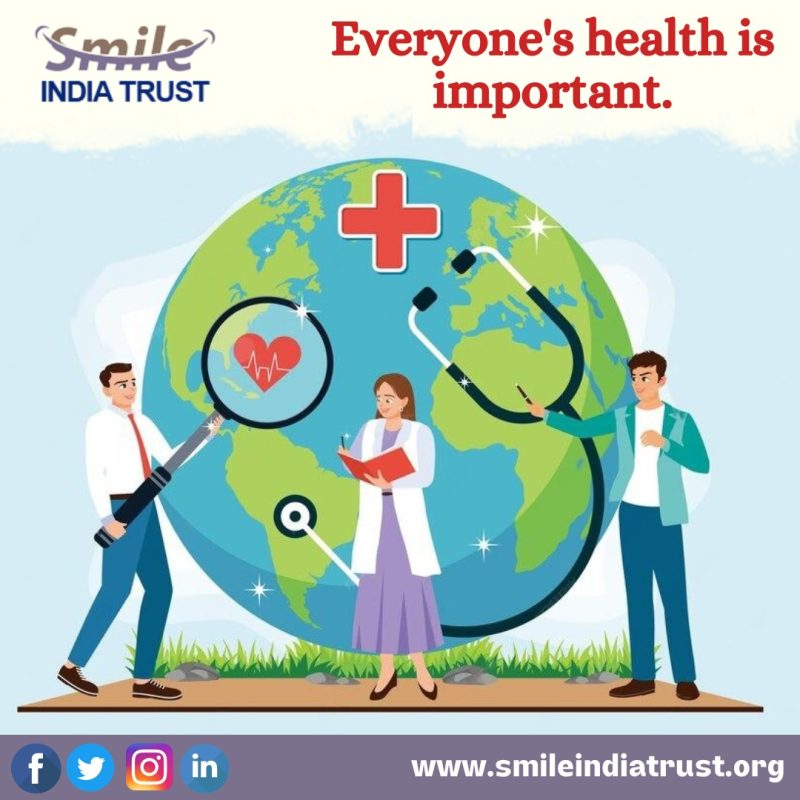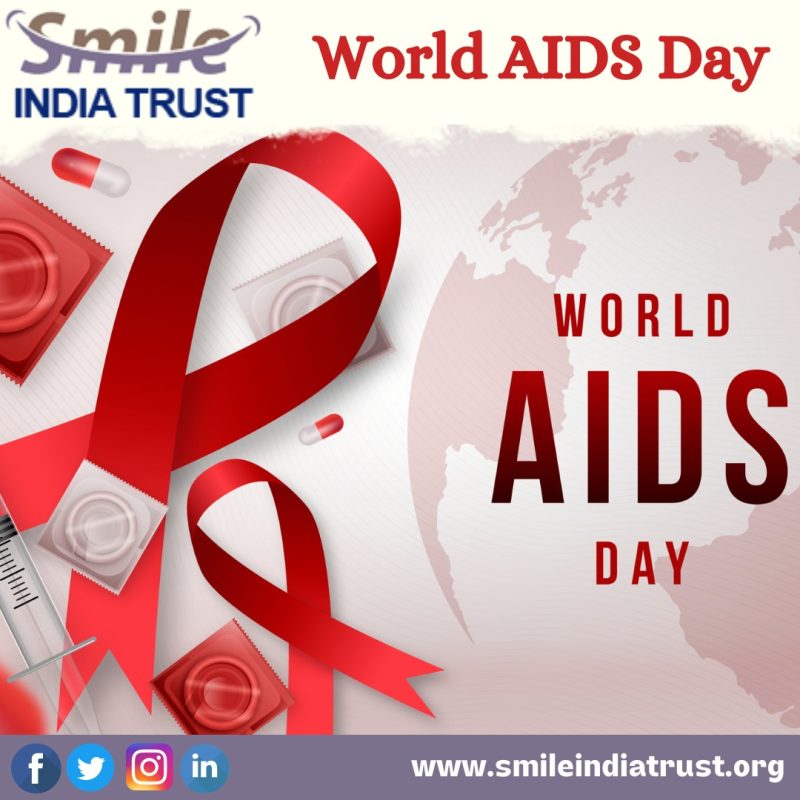Unfortunate mothers. When we hear this, we might instantly think of women who are tortured by their own people or society, women who are abandoned by their loved ones even after doing so much for them. The majority of people still fail to understand the value of a mother and treat them as if they […]
Monthly Archives: December 2024
Health is a vital aspect that plays a significant role in our lives, and we should prioritize maintaining it. Once our health deteriorates, it can be challenging to recover, making it essential to take care of it before it’s too late. Unfortunately, in India, the healthcare system is not very advanced, particularly for underprivileged individuals […]
As Smile India Trust, in the month of November, we spread joy and empower lives to the max. Our “Meal of Happiness” program brought warmth and nourishment to the hearts and homes of slum dwellers filling their empty stomachs with healthy meals, reminding them that they are seen, heard, and valued. Meanwhile, our educational initiatives […]
AIDS, or Acquired Immunodeficiency Syndrome, is a chronic and life-threatening condition caused by the Human Immunodeficiency Virus (HIV). At Smile India Trust, we prioritize raising awareness and promoting education about AIDS while highlighting the critical importance of prevention, treatment, and support. On World AIDS Day, we proudly reaffirm our commitment to fighting this epidemic and […]



